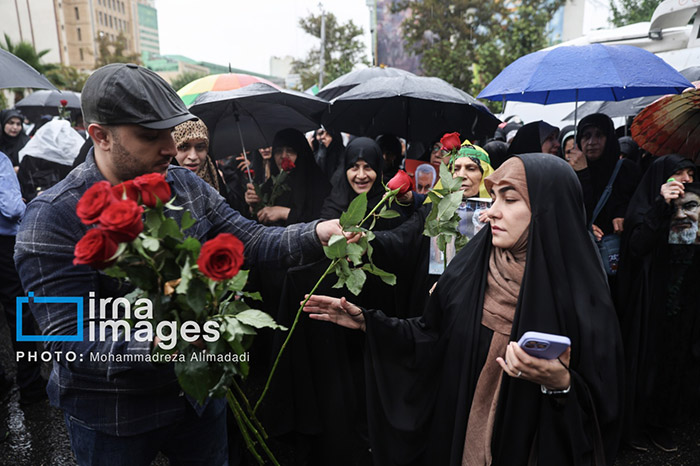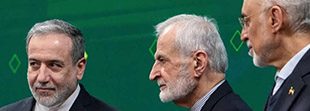Nasrallah’s Hezbollah has maintained a complex and antagonistic relationship with Israel, engaging in numerous cross-border skirmishes, including the 2006 Lebanon War. Throughout his leadership, Nasrallah remained defiant, portraying Hezbollah as both a defender of Lebanese sovereignty and a vanguard in the broader struggle against Israel and Western influence in the Middle East.
Israel’s Strike: A Decisive Moment in the Lebanon-Israel Conflict
On Friday, Israel conducted a targeted airstrike on Hezbollah’s headquarters in Beirut, killing Nasrallah and several high-ranking members of the organization. The strike came shortly after Hezbollah opened a northern front against Israel following Hamas’s surprise attack on October 7, which led to a significant escalation in violence throughout the region.
The Israeli Defense Forces (IDF) had been preparing for a potential two-front conflict involving both Gaza and Hezbollah in southern Lebanon, and the elimination of Nasrallah was seen as a preemptive move to disrupt Hezbollah’s leadership and mitigate the threat posed by the group’s missile and rocket arsenals.

